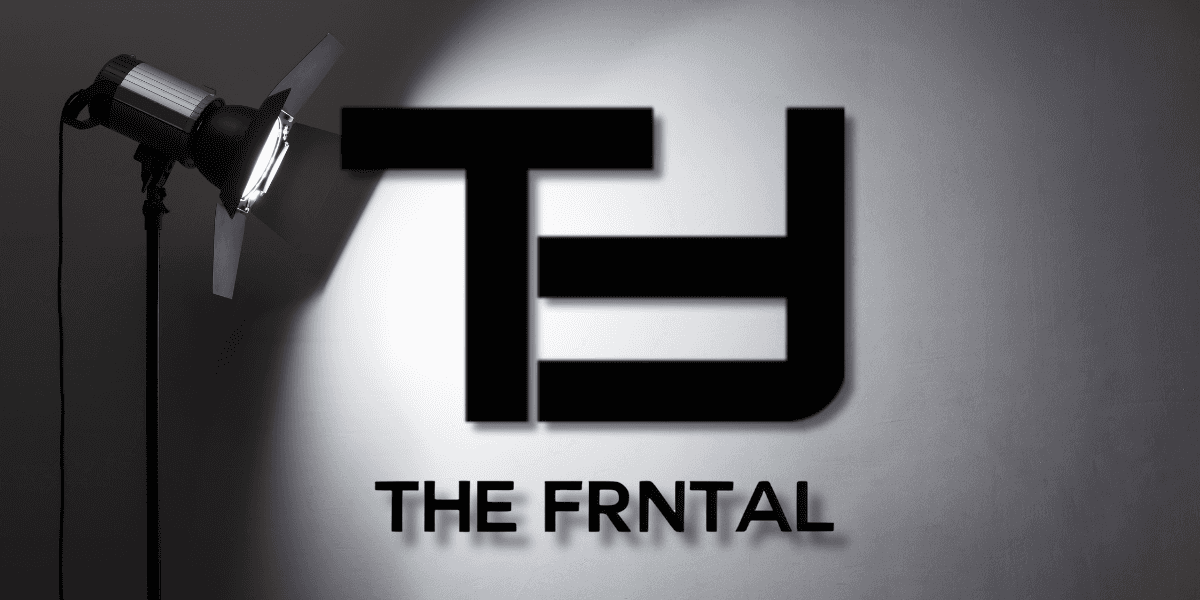newsletter
Your Daily News in Just 5 Minutes!
Featured
U.S. Retail Sales Slump in January as Inflation Continues to Squeeze Consumer Budgets
U.S. retail sales unexpectedly fell in January, marking a troubling sign for the health of the consumer-driven economy. The 1.2% drop in retail sales—the sharpest monthly decline in over a year—was largely attributed to persistent inflationary pressures that have continued to weigh heavily on household budgets. From electronics to apparel, discretionary spending categories saw the most significant pullback, suggesting that American consumers are tightening their belts in response to rising prices.
Feb 19, 2025
Inflation’s Lingering Grip
Inflation, while moderating from its peak levels of 2022, remains a key factor in the January sales slump. The cost of essential goods like groceries and gas, along with higher prices in sectors such as housing and healthcare, have forced many consumers to shift their spending priorities. For discretionary items, like clothing, electronics, and home goods, the impact has been particularly stark. According to the U.S. Department of Commerce, sales of electronics plummeted by 3.5%, while apparel sales dropped by 2.8%, signaling a widespread reluctance to splurge on non-essential items.
Economists suggest that the January dip could be indicative of a longer-term trend in which inflationary pressures keep consumers from loosening their wallets, even as wage growth has somewhat improved. While wages have risen in certain sectors, they have struggled to keep pace with the escalating costs of everyday life. This dynamic is creating a situation where many households are forced to prioritize necessities over luxuries, dampening the economic optimism that marked much of the previous year.
The Strain on Discretionary Spending
Discretionary spending is often considered a key gauge of consumer confidence and economic health, and January’s sharp declines in categories such as electronics and apparel are raising alarms. These sectors are typically more vulnerable during periods of financial uncertainty, as consumers are more likely to forgo non-essential purchases when they feel financial pressure. The lackluster performance in retail could be a sign that U.S. consumers are becoming increasingly cautious, unsure of the long-term trajectory of inflation and the broader economic landscape.
The slump in retail spending could also have ripple effects throughout the economy. Retail sales account for a significant portion of U.S. GDP, and prolonged weakness in this area may stifle growth in other sectors, including manufacturing, distribution, and services. Analysts are warning that if consumer spending continues to slow, it could lead to a broader economic deceleration, undermining recovery efforts that have been underway since the COVID-19 pandemic.
Looking Ahead: Can the Economy Recover?
The January retail slump is raising concerns that the U.S. economy may face more headwinds in the months ahead. If inflation remains stubbornly high and consumer spending continues to flag, it could lead to a slowdown in overall economic growth. For the Federal Reserve, the situation presents a delicate balancing act. While it has raised interest rates in an effort to curb inflation, it must now tread carefully to avoid pushing the economy into recession by further restricting consumer spending and business investment.
As for the retail sector, businesses are already taking steps to adapt to changing consumer behaviors. Companies are focusing more on discounts, loyalty programs, and shifting their inventories to meet consumer demand for value and affordability. Retailers may also need to adjust to the growing preference for online shopping, as more consumers opt for digital convenience amid rising costs.
For consumers, the outlook is mixed. While inflation may ease in the coming months, wages and job security will be crucial factors in determining whether confidence returns to the marketplace. Until then, the retail slump could serve as an early warning sign that inflation is still very much a force to reckon with, and that the U.S. economy’s recovery remains fragile.
In conclusion, January’s retail sales drop is a stark reminder of the persistent challenges consumers are facing. With inflation continuing to press down on discretionary spending, the broader U.S. economy could see a slowdown in the coming months, potentially jeopardizing recovery efforts and raising the specter of a prolonged economic struggle.
Related blogs
Related blogs
Copyright 2025 USA NEWS all rights reserved
newsletter
Get daily news directly in your inbox!
Copyright 2025 USA NEWS all rights reserved
newsletter
Get daily news directly in your inbox!
Copyright 2025 USA NEWS all rights reserved
Copyright 2025 USA NEWS all rights reserved














